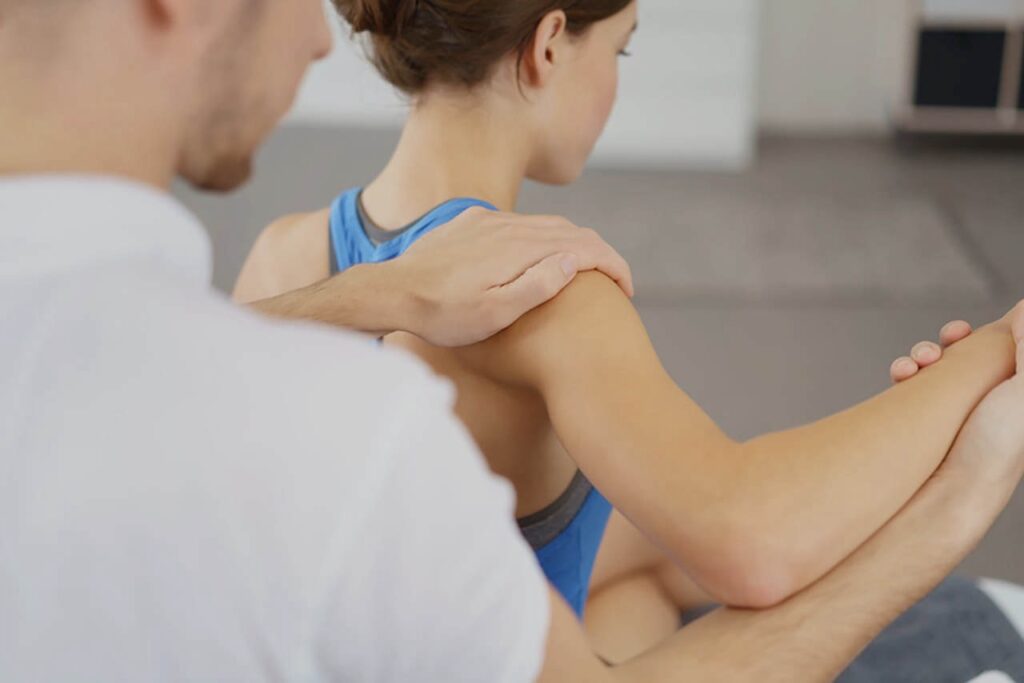In this post we discuss why context matters in rehab and training and how you can use it to your advantage.

Here are two quick stories that illustrate the importance of context when trying to rehab from pain and injury.
Many years ago I injured my shoulder in a particularly gritty body building gym in North London.
The type of place that smells like those old gym mats you probably used for P.E at school. A pungent mix of rubber and stale sweat.
Whenever I returned to that gym, my shoulder would start to hurt, irrespective of the exercise I was performing.
For years afterwards a dirty gym that had a similar odour could trigger unpleasant sensations.
How about this one.
Some time ago I helped a gentleman recover from a particularly intractable case of Achilles tendinopathy. He subsequently referred a number of people, enthusiastically telling them that I was full of magic and could return them to health.
100% of the people he referred achieved satisfactory outcomes.
What’s the connection between these two stories?
If I was looking for help with shoulder pain and walked into a facility that smelled of stale sweat, what do you think my chances of success would be?
I’d put them at close to zero, no matter the skill level of the practitioner trying to help me.
Conversely, I’d be remiss if I didn’t acknowledge the positive impact that enthusiastic testimonial likely had on the results of the people that gentleman referred.
My point? Context matters.
Everything from the feel of the website you view before booking an appointment, to the smell of the clinic or gym you subsequently enter, and the reputation of the practitioner you see. Your central nervous system is weighting the inputs it’s receiving according to their potential threat.
If it perceives danger, your pain levels are likely to increase regardless of the treatment that actually takes place.
Understanding this can help you make better decisions about what will likely work for you.
No doubt there are people who respond well to the smell of stale sweat. I’m thinking about Rocky for example.
If that’s not you, go somewhere else.